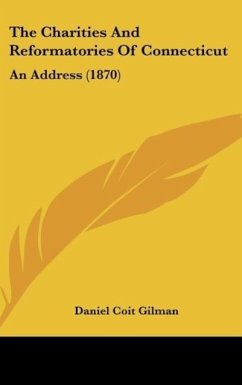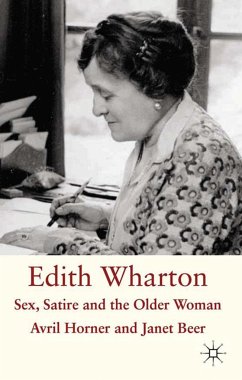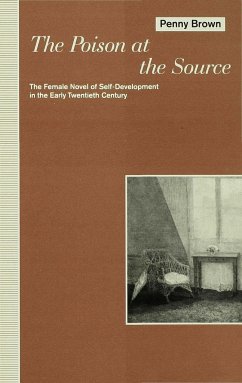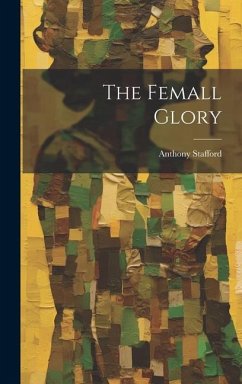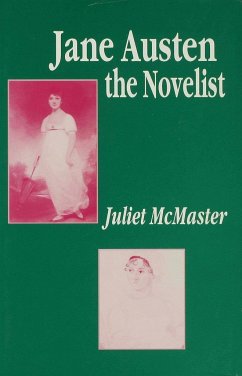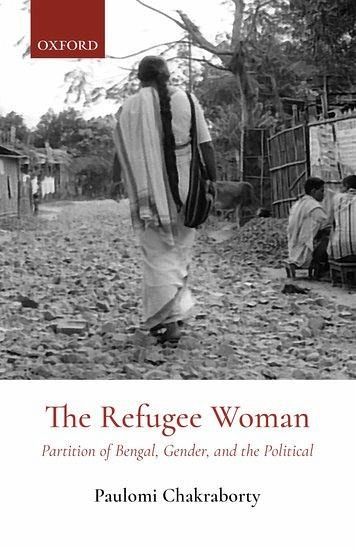
The Refugee Woman
Partition of Bengal, Gender, and the Political
Versandkostenfrei!
Versandfertig in über 4 Wochen
50,99 €
inkl. MwSt.

PAYBACK Punkte
25 °P sammeln!
The Refugee Woman explores the Partition of Bengal in 1947, with a focus on gender, by innovatively engaging with the cultural imagination of 'the refugee woman from East Bengal.' It examines three significant Partition texts from West Bengal, Ritwik Ghatak's Meghe Dhaka Tara, Jyotirmoyee Devi's Epar Ganga, Opar Ganga, and Sabitri Roy's Swaralipi, situating them against a broad and densely sketched context, to trace a radicalpotential in the figuration of the refugee woman. The book makes an important contribution to the scholarship on the Partition by attending to the less examined case of Be...
The Refugee Woman explores the Partition of Bengal in 1947, with a focus on gender, by innovatively engaging with the cultural imagination of 'the refugee woman from East Bengal.' It examines three significant Partition texts from West Bengal, Ritwik Ghatak's Meghe Dhaka Tara, Jyotirmoyee Devi's Epar Ganga, Opar Ganga, and Sabitri Roy's Swaralipi, situating them against a broad and densely sketched context, to trace a radicalpotential in the figuration of the refugee woman. The book makes an important contribution to the scholarship on the Partition by attending to the less examined case of Bengal.




